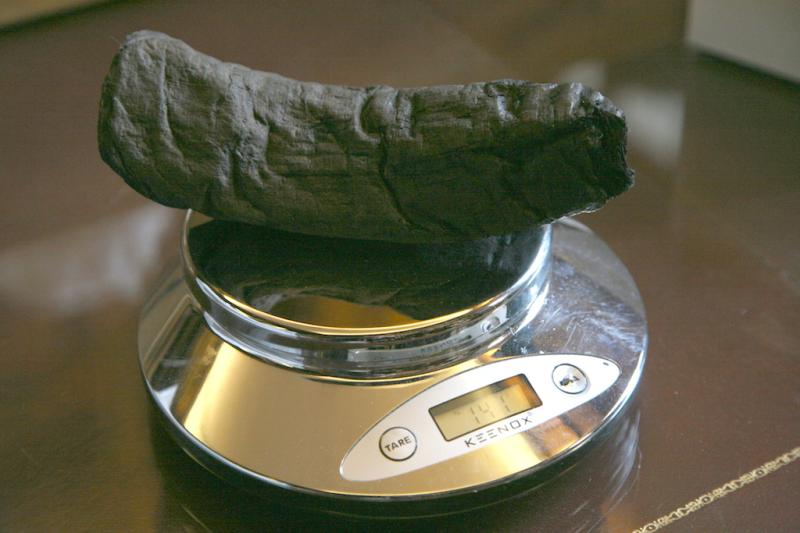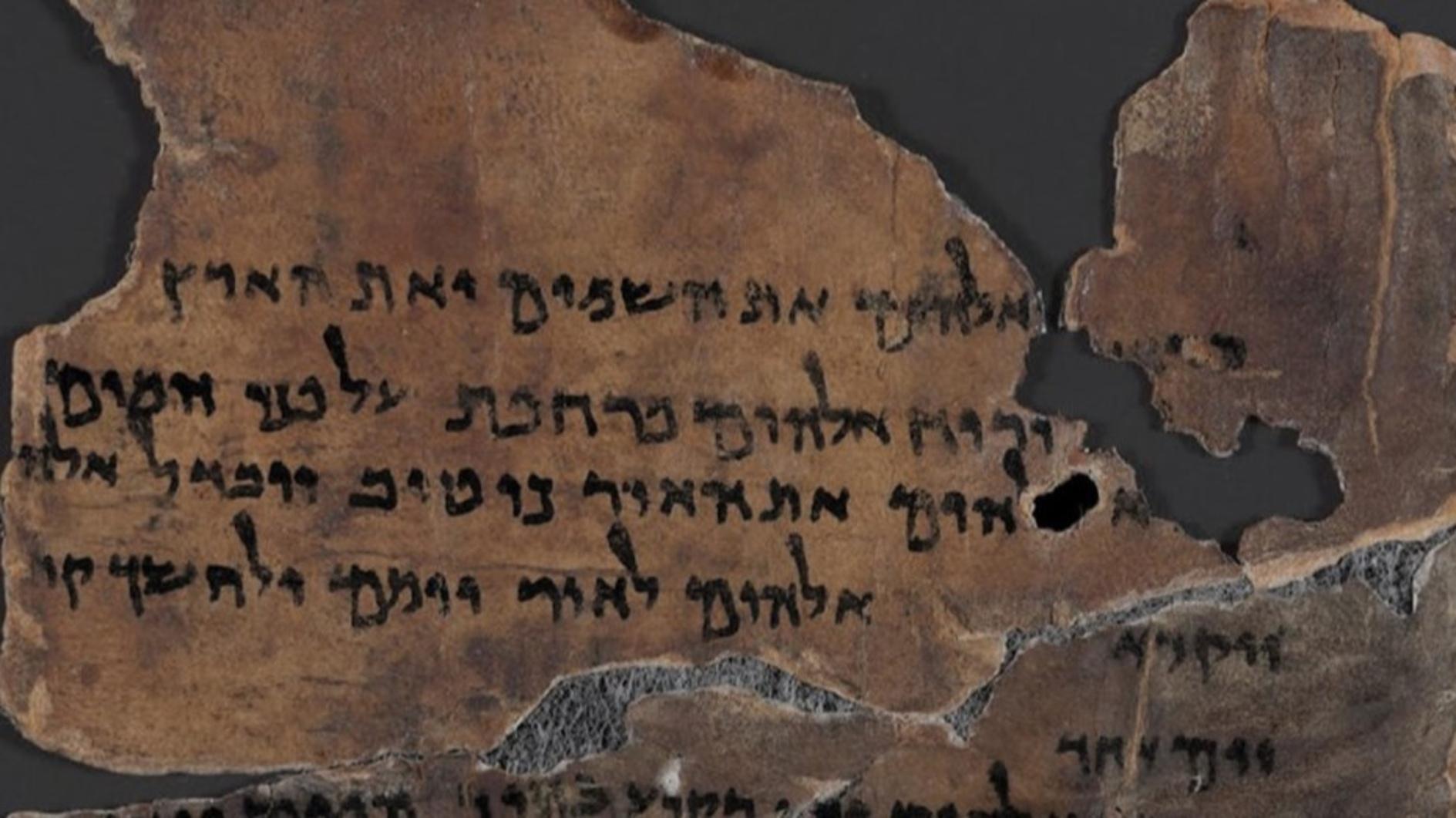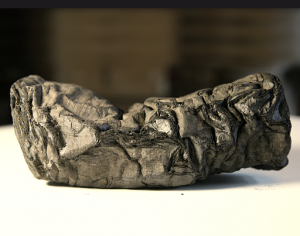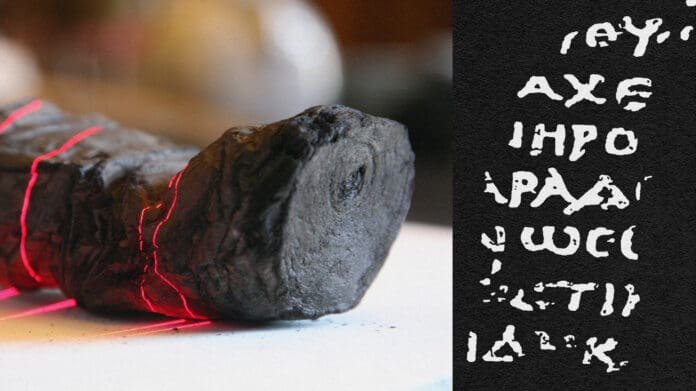A Roman scroll preserved has been virtually unwrapped and decrypted with artificial intelligence in the explosion of Mount Vesuvius in A.D. 79. Before being buried, the scroll was partially preserved.
Three competitors in the Vesuvius Challenge, which began in March 2023 and saw participants race against time to read the old-fashioned Herculaneum papyri, performed the challenge.
The scroll is thought to contain “never-before-seen text from antiquity,” according to papyrologists working on the Vesuvius Challenge. The text in question is an excerpt from Epicurean philosophy that addresses pleasure. The author of the winning contribution argues whether scarcer things are more enjoyable due to the ancient Greek letters displayed on a sizable stretch of the scroll.
The author, whose identity is unknown, disagrees: According to him, “We do not immediately believe that scarce things to be more pleasant than those that are abundant. This is also true with food.” It’s a passage from the scroll reads.

The three victorious team members contributed substantially to the match independently. Two of the first competitors to identify fewer letters were Luke Farritor, a computer science undergraduate at the University of Nebraska–Lincoln, and Youssef Nader, a doctoral candidate in machine learning at Freie Universität in Berlin. They each won $10,000 and $40,000 for their efforts. A robotics student at ETH Zürich named Julian Schilliger created a technique that started segmenting the scrolls automatically. The $700,000 big prize will be split between them.
One of the challenge’s organizers, internet investor and CEO Nat Friedman, recently printed out the winning entry. Friedman claims, “All of this was in this dreamlike digital world in my imagination before.” “Seeing it on paper and rolling it up made it tangible.”
There is still a great deal to learn. One of eight hundred scrolls found in a southern Italian mansion first mined in 1750 was the one the winning submission partially managed to decode. Thus far, the organizers and competitors have worked together to read about 5% of a single scroll.

Last-minute rush to peruse the scrolls
Ever since the Vesuvius Challenge was introduced almost a year ago, participants have collaborated and competed, exchanging the newest methods they have learned with one another and uploading images of their advancements. However, Friedman claims that when the competition for the ultimate prize grew more intense, the players’ information-sharing social media site, Discord, went offline.
According to Friedman, three of the eighteen submissions for the grand prize were sent in the final 10 minutes of the competition, while most of the entries were received on December 31. Friedman remembers being at home with his family around Christmas when the winning submission was received, illustrating for the occasion, and obsessively checking his phone. He explains, “I popped open my little office at home after running into it.” “Wow, this is truly amazing,” I thought.
The winning entry must have four 140-character paragraphs, with at least 85% of the characters in each passage recoverable by qualified papyrologists, to meet the March 2023 standard. There are eleven more columns of text in it as well.
Although the author of the old scroll is unknown, researchers have developed suggestions.
Is Vergil’s tutor, the philosopher and poet Philodemus, the disciple of the author Epicurus?
Richard Janko, a professor of ancient studies at the University of Michigan, writes, “It seems very likely.” Is he discussing the impact of music on the listener and drawing parallels with other pleasures such as food and drink? Most likely. Philodemus is the author, according to University of Bristol Greek professor Robert Fowler.

According to Fowler, like other Epicureans, Philosopher placed the highest importance on pleasure—but only pleasure adequately understood, not indulgence.
The author seems to criticize his academic opponents in the scroll’s last section, saying they have nothing to say about the definition of pleasure, either generally or specifically.
According to Friedman, “I can’t help but read it as a 2000-year-old blog post, debating with another poster.” “Amazingly, people are fighting in ancient Substack,” the speaker said.
What’s Next
A new grand reward from the Vesuvius Challenge for 2024 will accelerate the advancement of AI-enhanced decoding.
The competitors have primarily focused on creating algorithms for automatic letter detection, which use artificial intelligence (A.I.) to recognize ink marks on sections of practically unrolled scrolls. Apart from letter recognition, segmentation, or breaking apart the layers and almost unfolding the scrolls, they remain the primary obstacles in reading the scrolls. Three full-time segmenters were engaged by the Vesuvius Challenge, demonstrating how manual this process has been thus far. Friedman purchased new monitors and laptops for the team to increase production and ensure they have segmented enough of the scroll for someone to win the ultimate prize. Automating the segmentation procedure is the task of the 2024 challenge.
Friedman acknowledges that he’s been enticed by other promises of exciting new adventures. He claims that his email has been flooded for the past year with offers to those made by Robinson Crusoe, from individuals informing him about undiscovered shipwrecks and historic cities to unidentifiable glyphs found on mountain faces.
But he is unable to leave. He wants to assist in solving the 800 scrolls that have already been found within the villa. Furthermore, some archaeologists think that tens of thousands of scrolls are hidden in the main library and are just waiting to be mined.
To accelerate the hole, Friedman has twice contacted the Italian civil servant in charge of the villa using his mobile number. Friedman hopes he won’t have to dig it out alone. “But I will if it comes down to me.”




